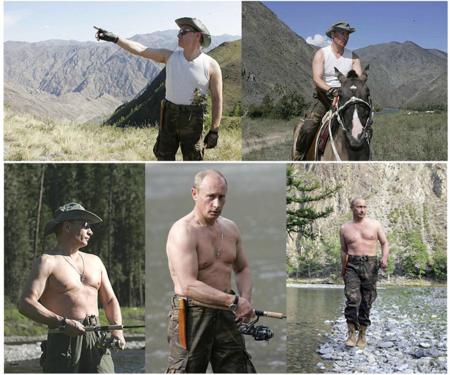
Kommersant published its last article about the social, demographic, political, and other changes that Russia has underwent in the last eight years. They had 2 gidelines:
- Not to discuss politics and ideology. Just find out whether he has done what he had promised.
- To mention only those results which can be estimated in numbers taken from official statistics or from special research.
- President Putin who started speaking openly about the poverty issue in Russia. In this period There has appeared the so-called hereditary poverty. Its cause is not the general economic situation. It is due to certain families’ incapability of economic activity and their social degradation.
- Salaries of teachers and professors still make up 60-70 percent of Russia’s average salary, which makes professional degradation and corruption inevitable.
- Infant death rate reduced. Is still too high. And the birth rate has indeed increased: Russia’s birth rate fell to its minimum in 1999, long before the state’s measures to support childbirth could produce any effect.
- Russia’s influence was growing together with oil prices growth. Russia managed to assert itself as an independent great power, but its foreign policy achievements are much more modest.
- So, the state’s healthcare expenditures in the last eight years have grown – from 2.7 percent of GDP in 1999 to 3.5 percent in 2006, which is a growth by 76 percent in real terms. Yet, these expenditures do not seem to be very effective.




No comments:
Post a Comment